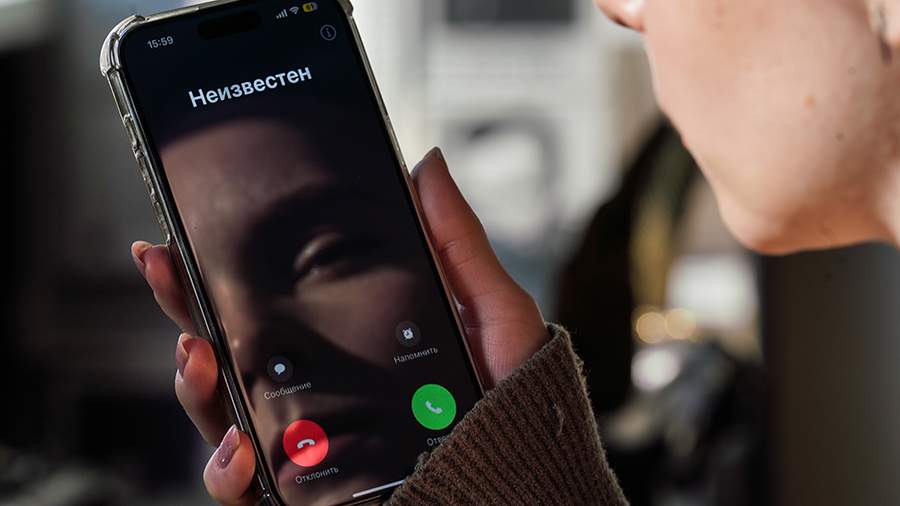The most common fraud schemes are named

In 2024, Russians most often encountered fraudulent calls allegedly on behalf of bank security services. This was reported by 22.4% of respondents, according to the results of a survey conducted by RED Security, which was reviewed by Izvestia on March 12.
In addition, the attackers pretended to be representatives of telecom operators (21.7%) and law enforcement agencies (13.8%). In addition to imitating the activities of these organizations, fraudsters over the past year have often posed as representatives of various government agencies, municipal services (11.9% of cases) and social media administrations (11.5% of calls). Users were least likely to receive requests on behalf of Russian Post (4.7% of cases).
Experts found out that in 31.6% of cases, attackers tried to lure users out of usernames, passwords and SMS codes from online services (government services, online banking, social media accounts, etc.). About as often (30.6%) they were interested in personal data of citizens (addresses, phone numbers, passport data), and in 24.6% of cases — payment information (bank card data, transaction confirmation codes, etc.).
Almost 60% of respondents reported that they had managed to identify fraudulent schemes, while others admitted that they had suffered damage from the actions of scammers. As a result, 18.1% of Russians were blackmailed using leaked personal data, 17.6% temporarily or permanently lost access to accounts in important services, and 4.5% were left without funds stored in their accounts, according to the survey results.
At the same time, almost a quarter of the respondents did not take any action to avoid becoming victims of fraudsters again, but 45% activated additional protection (anti-spam and two-factor authentication), 15% began to read more expert materials on cybercrime, and only 1% of citizens enrolled in specialized courses to improve knowledge in the field. digital security.
Andrey Dugin, head of the cybersecurity Services Center at RED Security, noted that despite the active work of the state and law enforcement agencies to protect Russians from digital fraud, the number of people falling for the scam remains high.
"In this issue, a significant role can be played by a business that is increasingly suffering from fraudulent attacks on its employees every year and is forced to invest in improving staff cyber literacy. Moreover, if large companies have been dealing with this issue for several years, then in the near future we expect an increase in the demand for solutions to improve employee cybercrime from medium and small businesses. In this way, businesses can significantly increase the level of awareness of citizens in the fight against fraud," he added.
The day before, the Center for Legal Assistance to Citizens in the Digital Environment informed Izvestia that 7.7 thousand people applied to the center last year. The lawyers managed to return over 31 million rubles to the victims. The vast majority of applicants are victims of fraudsters. In 2024, their number reached almost 6 thousand people.
Переведено сервисом «Яндекс Переводчик»

